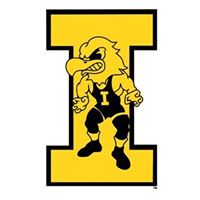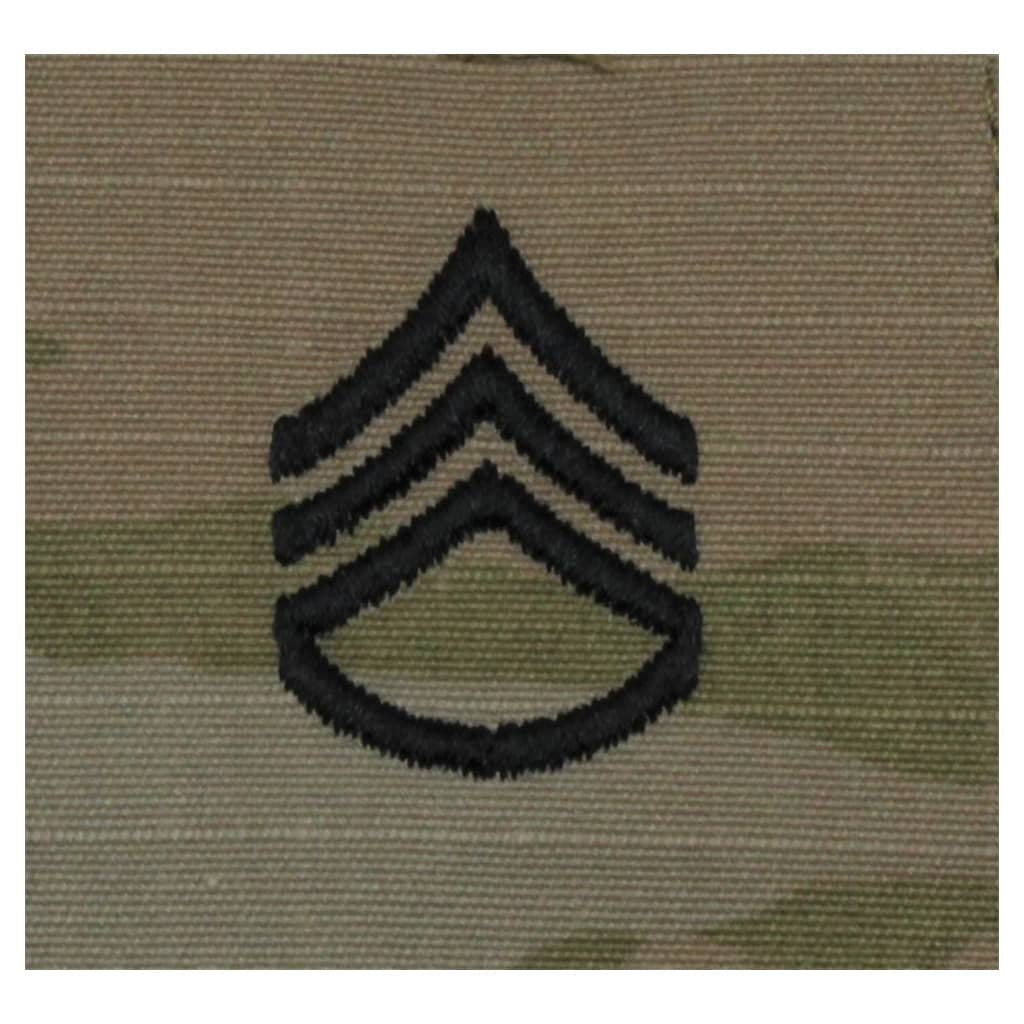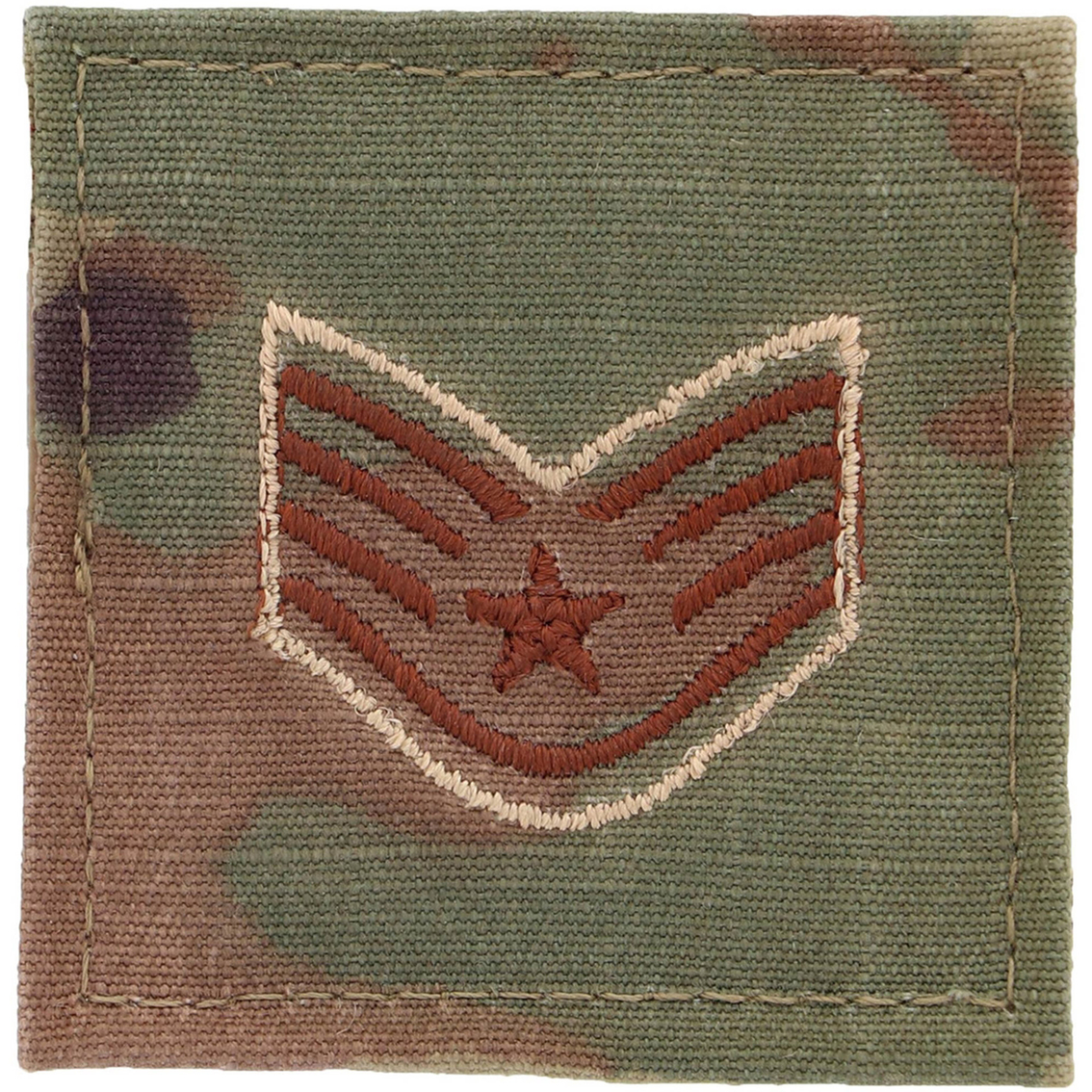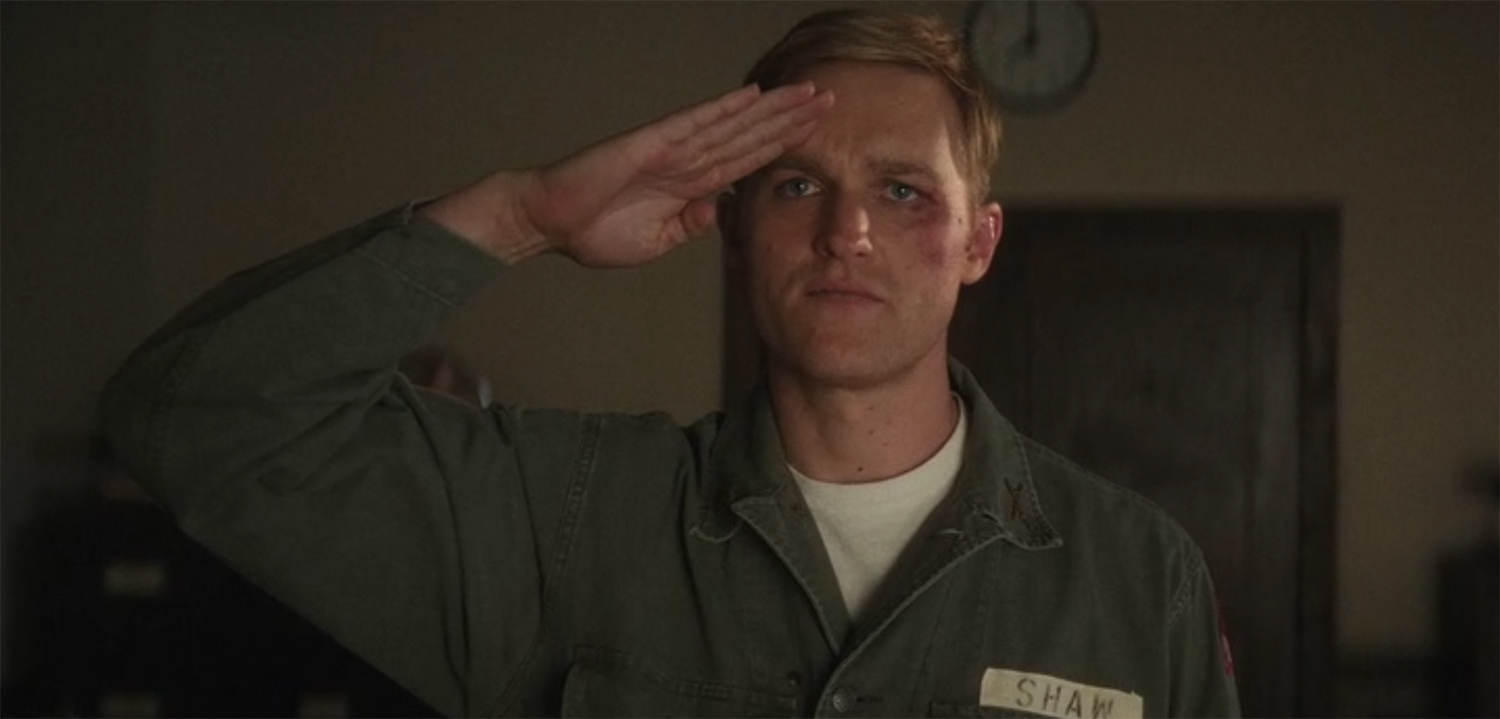Planned Parenthood. Men with saggy pants. People who tore down Confederate flags and
monuments. The Rev. Al Sharpton.
Mark Robinson, the GOP nominee in one of this year’s most competitive governor’s races, has declared them all comparable to or worse than the Ku Klux Klan in social media posts that have drawn little attention. The posts are part of a
long record of comments ranging from provocative to bigoted that are getting more scrutiny as the campaign heats up in North Carolina — and that some Republicans worry will be a liability in a battleground state.
Cut through the 2024 election noise. Get The Campaign Moment newsletter.
Robinson has become one of the year’s most polarizing candidates, winning enthusiastic support from the conservative base and disdain from Democrats. Campaigning to become his state’s first Black governor, he has touted his potential appeal to Democratic-leaning minority voters as a rising conservative who “looks like them” and offers “common-sense solutions to the problems that they face.”
His past comments could complicate that outreach, and they have drawn criticism from other Black leaders. Robinson has
criticized the civil rights movement of the 1960s and attacked prominent Black people in harsh and offensive terms,
calling Michelle Obama, for instance, a man and an “angry, anti-American, communist black lady”
who speaks “ghetto” and “wookie.”
Robinson’s references to the KKK, a white-supremacist group that has terrorized Black Americans, underscore the risks Republicans have taken in nominating him — a longtime factory worker who posted a wide range of insults on Facebook before he became a viral hit on the right with a speech about gun laws in 2018. He was elected lieutenant governor of North Carolina in 2020 and won the gubernatorial primary by landslide this month with former president Donald Trump’s endorsement. At a rally, Trump praised Robinson as “Martin Luther King on steroids.”
In 2014, Robinson
wrote on Facebook that “an ignorant man with a sheet over his face in the country and an ignorant man with his pants hanging off his behind in the city are two sides of the same worthless wooden nickel,” adding a hashtag that suggested he was talking about people of different races: “ignoranceknowsnotcolor.”
In 2016,
he likened certain Black people to those enslaved on plantations: “A ‘plantation minded’ negro hates a free thinking black person worse than ANY Klansman EVER could or EVER will.”
The next year,
he wrote that he considered the KKK less reprehensible than “Black gang murderers” and Planned Parenthood, a health nonprofit whose services include abortions. “The KKK never claimed to love black folks like many of the murders in Chicago probably do, and the KKK never tried to eradicate the black race like PLANNED PARENTHOOD is,” he said, putting the KKK third in his ranking of “most evil.” Other posts
took similar aim
at Planned Parenthood or, as he called it, “klanparenthood.”
A spokesman for Robinson’s campaign, Michael Lonergan, said in an email that The Washington Post’s and other news outlets’ reporting shows “there is one set of rules for white liberals in the press, and another for black conservatives.”
He noted two instances of cartoonists comparing Republicans to the KKK in local news outlets. One of them
depicted former Kentucky attorney general Daniel Cameron, who is Black, grabbing the “coattails” of a white-hooded Trump.
Another, from 2021, criticized Republican members of the North Carolina education board — which includes Robinson — with an illustration of a white-hooded elephant.
Both cartoons sparked backlash at the time, including from Robinson, who held a
news conference denouncing the education board’s depiction. The opinion editor of the company behind the drawing had defended it as “hyperbole and satire.”
“That you would portray a Black man, just because he’s in the GOP, as a Klansman … the hypocrisy is mind-numbing, folks,” Robinson said next to a big screen displaying the cartoon. He called it “vile.”





